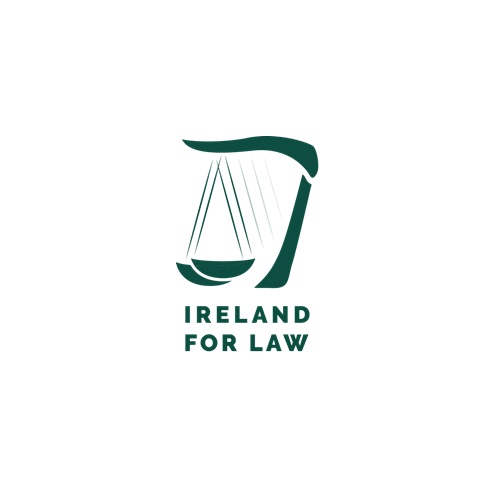Cases are continuously case managed from entry to termination or judgment to keep them on track and to ensure that commercial disputes are resolved or determined at the earliest opportunity. Benefits of the Irish Commercial Court include:
English and Common Law Jurisdiction
Aside from England and Wales, Ireland is the oldest common law jurisdiction in the world. The Irish Courts operate on the basis of precedent, that is, they are bound to follow decisions of courts which are superior to them in rank and should be slow to depart from courts of equal rank, save in exceptional circumstances. This ensures certainty within the law. The Irish Court system is the only court system in the EU which is English-speaking, based on the common law and operates on the doctrine of precedent.
Experienced
The Irish Commercial Court was established in 2004 and since then has developed into a Court of significant expertise. As well as having a dedicated panel of judges dealing with Commercial matters, who were all legal practitioners (both senior counsel and solicitors) in the field of commercial law and commercial disputes, there are also have a number of specialised lists managed by suitably qualified judges including the Competition List, the Arbitration List, the Strategic Infrastructure Developments List, and the Insolvency List. There will soon be a sub-list in the Commercial Court called the Intellectual Property and Technology List. The judges to be assigned to that list will be experienced intellectual property trial lawyers.
High Quality Independent and Impartial Judiciary
The independence of the Irish judiciary has been enshrined in the Irish Constitution since 1937. Independence is ensured through permanent appointments and a strong separation of powers between the Legislative, the Executive and the Judiciary. The administration of the Irish courts is undertaken independently of the government by a statutory body called the Courts Service.
Expeditious
The Irish Commercial Court is renowned for its expeditious disposal of cases. In its first ten years, 199 cases per year were admitted on average, with 188 on average disposed of within that year.
Case management & strict timetables
All cases entered into the Commercial List are strictly managed by the judge in charge of the Commercial list, and the judges assigned for hearing of cases. This ensures matters are ready for hearing promptly and guarantees a high level of certainty as to the expectations of the parties.
Independent Bar of Ireland
Ireland operates on the basis of an independent referral bar. The Irish bar is made up of circa 2,300 practising barristers including 325 senior counsel. Barristers are entirely independent from their clients and take instructions from solicitors. This ensures a high level of impartiality. Both professions are overseen by their own professional bodies and the statutory Legal Services Regulation Authority.
Widely available legal expertise
There exists a strong and well-regarded infrastructure of commercial barristers and solicitors with a wide range of experience. Irish lawyers are experienced in arguing EU law in both domestic and EU courts. Irish solicitors’ firms and barristers have extensive experience and expertise in multi-jurisdictional matters, including disputes in other EU countries and the United States. Both solicitors and barristers are regulated and supported by the Bar Council, the Law Society and the Legal Service Regulatory Authority. There are also a number of specialised organisations which channel resources and expertise into the Irish Commercial Court, including the Commercial Litigation Association of Ireland and the Irish Society of Insolvency Practitioners.
Enforcement
The Irish system has a strong, long-established and successful domestic regime for the enforcement of judgments. As an EU member, Irish judgments can be enforced in all other EU Member States in accordance with the Recast Brussels Regulation.
Visa Free Travel for EU Citizens
Ireland does not require entry visas for counsel, witnesses, arbitrators, or other visitors, who are EU citizens. When required, evidence can be given by video link.
Documents
Discovery (often e-discovery) features in most cases but is closely managed by the court. 'Paperless' trials with all documents scanned to a data base have taken place and can be arranged.
Commercial Sensitivity
While the norm is for trials to take place in open court, in cases where there is commercially sensitive/confidential information e.g. patent cases, all or part of the proceedings may be heard in private, and confidentiality over documents may be preserved or the sensitive parts redacted.


